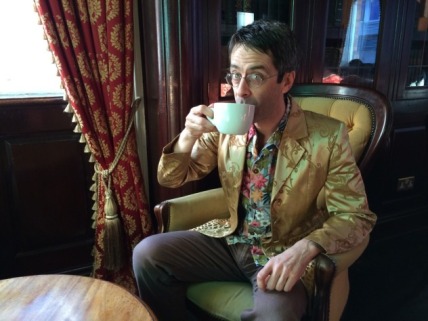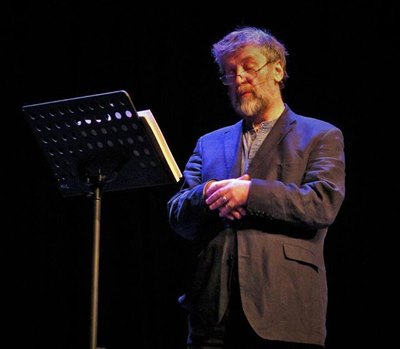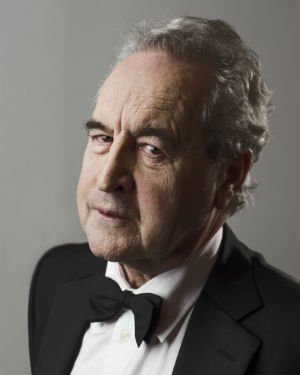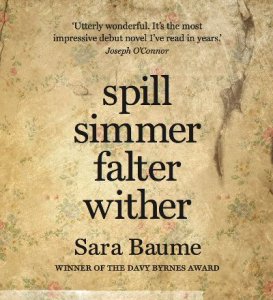
Julian Gough (Pic: http://www.juliangough.com)
Julian Gough is better known – where he is known at all – as a writer of sharply satirical, often odd, short stories and novels for adults.
Gough, who spent much of his childhood in Nenagh and turns 50 this year, was once lead singer for a band called Toasted Heretic, has based himself in suitably distant Berlin while labelling Irish literary fiction of the recent past as “knackered, backward-looking, male-dominated”, written the ending of computer game Minecraft, courted crowdfunders to raise the cash for a recent writing project (offering, amongst other things, lipstick and whiskey-stained postcards in return) and memorably rubbed World’s Most Valuable Brand™ Apple up the wrong way with his satirical BBC National Short Story shortlisted techno-story “The iHole” (which, it seems, has been consigned to a literary black hole forever).
But his newest book charts new territory: it’s a picture-book for children. Continue reading “From Apple antagonist to children’s literary star: the new career tangent of Julian Gough”




